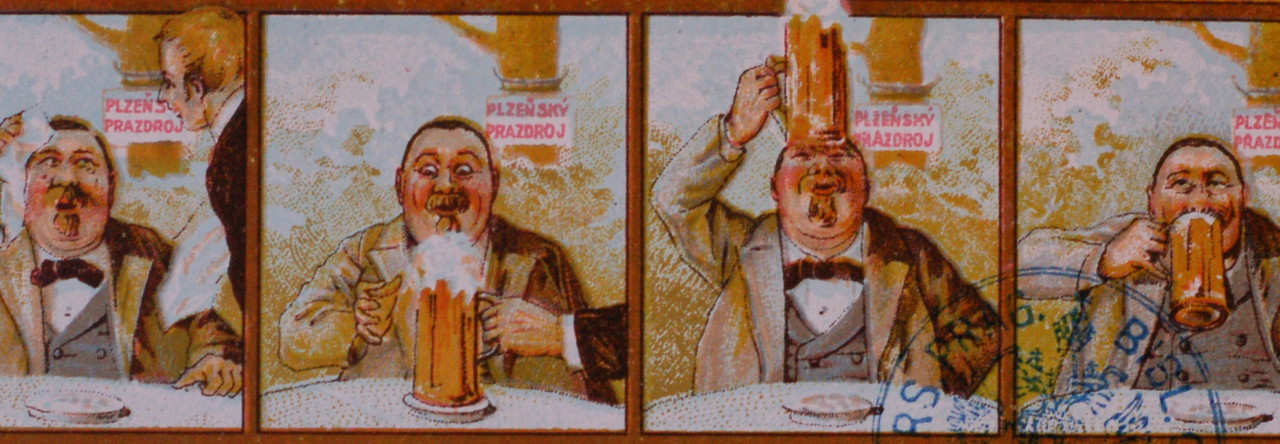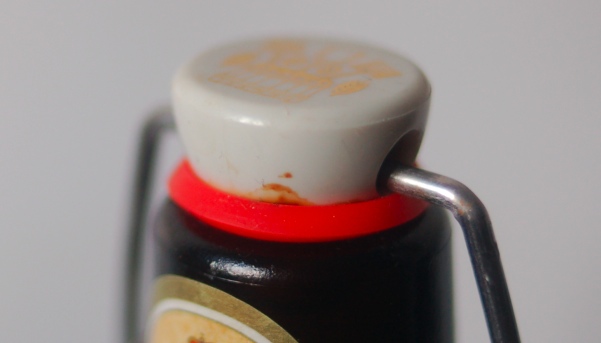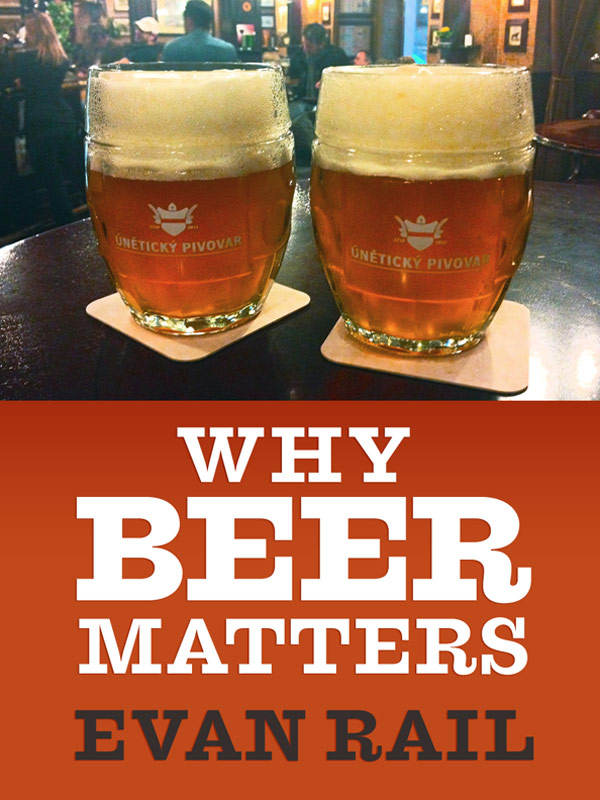
Ron Pattinson has written about U rotundy, one of his favorite rough pubs. It might have its charms, but for me there are two good reasons not to pick U rotundy: one, they serve Staropramen, which you could get just about anywhere else in Prague if you wanted it. And more importantly: just two doors down the very same street is Art-Café u Irmy, which you might call a “rough café.” In addition to great inexpensive Georgian food — as in the country, not the American state, nor the historical era — u Irmy is one of the few places in town where you can get draft Bohemia Regent.
Many thanks to reader James for the tip, as well as pointing out the café’s excellent atmosphere, like a wacky house party where all the characters come from different corners of the old soviet sphere of influence. The food, as well, is an eastern treat: great dolmas, outstanding lobio (Georgian red beans with red onions, pomegranate seeds and coriander), borscht, chačapuri (cheese bread), čachochbili (chicken and red-pepper stew), sacivi (walnut sauce) and chinkali (beef dumplings). How could U rotundy possibly compete with that?
And then there is the beer.
Read More


 One of the cool Bavarians to show up at last year’s
One of the cool Bavarians to show up at last year’s 









